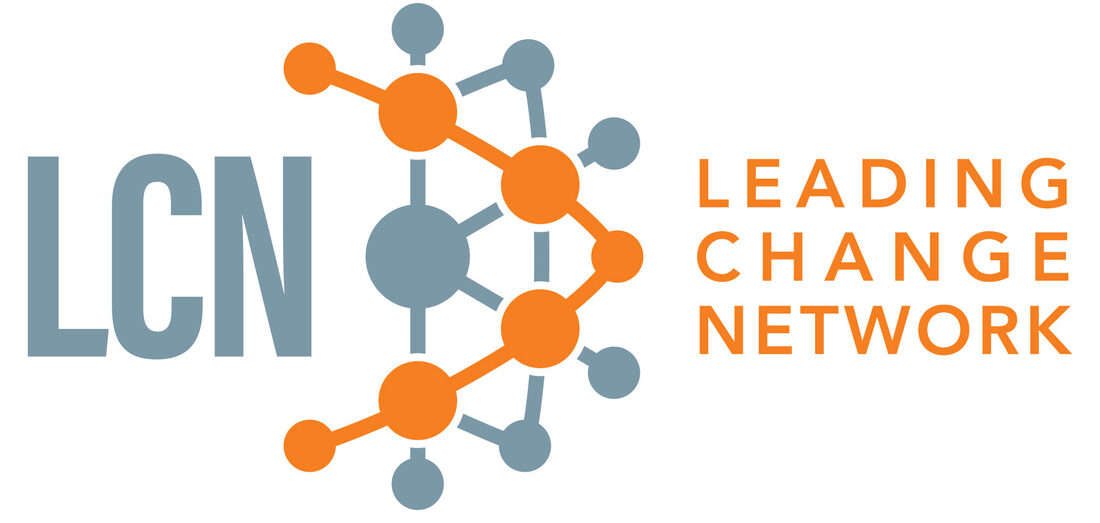|
Housing affordability dominated the conversation during Canada’s recent federal election, with each major party putting forward policy ideas and funding promises in their platforms. In the Vote Housing campaign, we urged voters to prioritize housing when they filled in their ballots. But with multiple, varied promises from each party, we were admittedly asking voters to do a lot of analysis. It's very easy to think you need to be a policy expert to engage in this housing affordability conversation, but I would like to suggest that even if you don't have all the answers, a few strategic questions can disrupt the status quo and send the message that we are paying attention. I'm currently preparing written submissions for municipal bylaw amendments, an Official Plan, and a Land Needs Assessment Methodology meeting. I've been reading a LOT about housing affordability and the economy, and right now I'm so far into the weeds I can't even put together any kind of coherent alternate narrative yet. And when I review some of the planning reports, I honestly can't even read them.
But, that doesn't mean I need to sit out the conversation. We don't need to be experts to ask disruptive questions. Here are some of the kinds of questions I'm asking, most of which are widely applicable in housing and land use conversations, and you can use them, too. There is deeper work that can and should be done, but these put it on the radar that we want to see policies that will move us toward the realization of housing as a right for low-income renters and people who are experiencing homelessness, not just first-time home buyers. For Housing Affordability Policy:
And if you're feeling very saucy and they've just said something ridiculous, like anything including the term "trickle down," I like to leave a few awkward seconds of silence, blink slowly, and ask, "Do you really believe that?" For Official Plans and Land Use Planning:
And again, if you're feeling saucy, "I couldn't help but notice that the recommendations from the Ontario Home Builders Association are mirrored almost completely in the final copy of the updated Provincial Lands Needs Assessment Methodology. What do you think the impact will be of allowing developers to write the methodology that municipalities are required to use as they plan their growth from now until 2051?" George Lakoff is quoted as saying, “In politics, whoever frames the argument tends to win the battle.” This is true in affordable housing, and right now the developers, and developer-lobbied policymakers, are framing the issue as one of supply, hampered by red tape and restrictive planning. Meanwhile, campaigning politicians promise first-time homebuyer supports to help individuals buy a house, without addressing the fact that the prices are too high to begin with. We can disrupt these conversations. Let's go make some trouble.
0 Comments
Leave a Reply. |
AuthorI'm Jennifer. I am an advocacy and communications strategist working with multiple charities and nonprofits. And I want to disrupt our sector for good. Archives
April 2024
Categories |


 RSS Feed
RSS Feed
